Your Heart's Best Friends: 11 Doctor-Approved Foods to Protect Your Arteries Naturally
Your heart is quietly working behind the scenes, day after day, making sure every cell in your body gets what it needs. Caring for it shouldn’t feel overwhelming or restrictive—it’s about small, loving choices that empower you to thrive at every age. Instead of rigid diets or complicated “miracle” fixes, the true magic comes from the foods that experts, doctors, and dietitians genuinely trust to support healthy arteries for the long run. What if protecting your heart could be as simple (and as delicious) as adding a new staple to your grocery list or enjoying a favorite meal in a slightly smarter way? Doctors agree: certain everyday foods contain powerful nutrients that defend and nurture your arteries. Whether your goal is keeping blood pressure in check, lowering cholesterol, or just feeling more energetic, these 11 evidence-backed picks have you covered. Each one is recommended by leading cardiologists and nutrition researchers, not because of trends or fads, but due to years of real clinical research and meaningful results for everyday people. As we go through this trusted list, you’ll find tips for adding these foods to your life—no radical overhauls, just practical, delicious steps. Because your journey toward lifelong heart health? It’s a path best traveled kindly, with choices that nourish your body and your spirit. Here are 11 doctor-approved foods that truly are your heart’s best friends.
1. Leafy Green Vegetables: Vascular Support Powerhouse
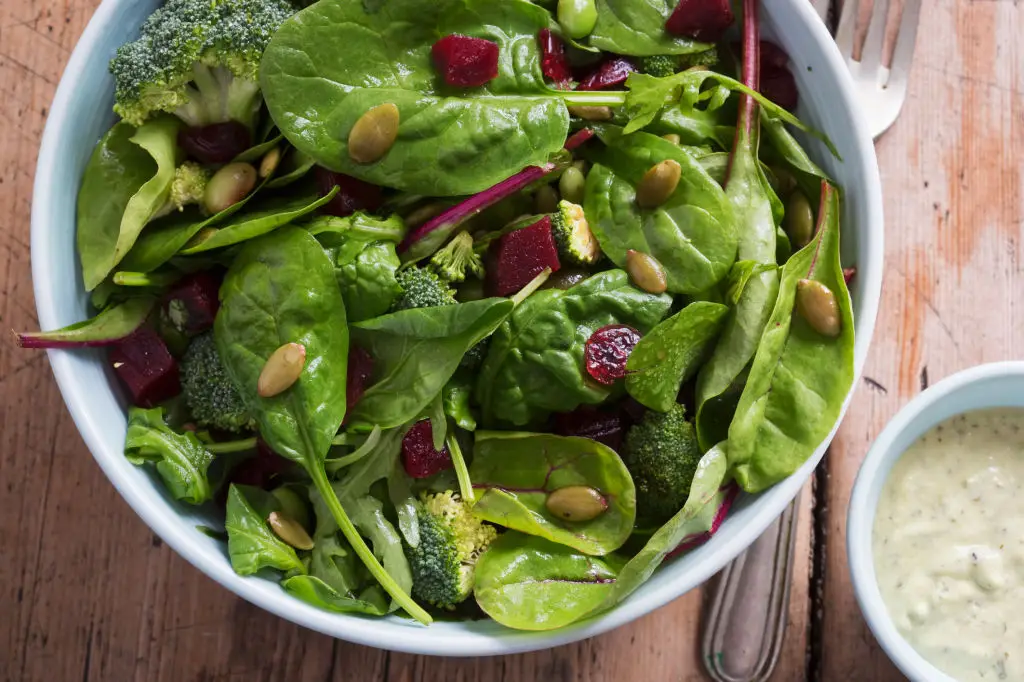
Leafy greens like spinach, kale, and collard greens are shining stars in heart health. Rich in vitamin K and dietary nitrates, they’re more than just salad fillers—they actively support your arteries. Scientific studies show that increased consumption of dark leafy greens is associated with better cardiovascular outcomes, thanks in part to their ability to boost the body’s production of nitric oxide. This amazing molecule helps relax blood vessels, lowering blood pressure and reducing arterial stiffness over time. Nutritionist JJ Smith often recommends, “The darker the green, the greater the benefit for your circulation.” Beyond the research, leafy greens are versatile and easy to add. Toss spinach into omelets, blend kale into smoothies, or try sautéed collards as a comforting side. Even modest servings deliver nutrients that help your vessels stay flexible and strong. Making greens a daily habit isn’t just about “being good”—it’s a gentle act of love for your future self.
2. Fatty Fish: Omega-3s for Flow and Rhythm
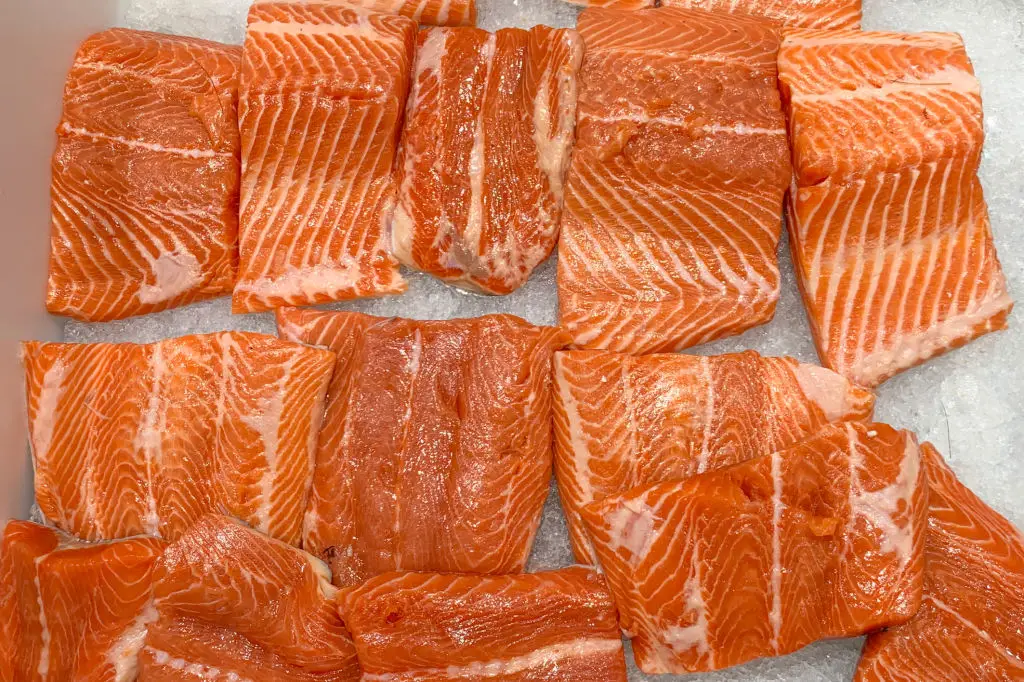
Salmon, mackerel, sardines, and similar fatty fish do wonders for heart health, thanks to their rich omega-3 fatty acid content. These essential fats are clinically proven to lower the risk of cardiovascular disease, reduce dangerous arrhythmias, and support smooth, healthy artery walls. Medical research highlights that people who eat two servings of fatty fish each week have significantly lower rates of heart events. Omega-3s work by calming inflammation and helping blood vessels function at their best. If you’re not a seafood fan, high-quality fish oil supplements are another option—though foods are always preferred for broader nutrition. Try grilling salmon with lemon, baking mackerel with herbs, or adding sardines to salads for an easy, nutrient-dense meal. With each serving, you’re treating your arteries to the nutritional equivalent of a supportive friend.
3. Avocados: Heart-Loving Fats and Potassium
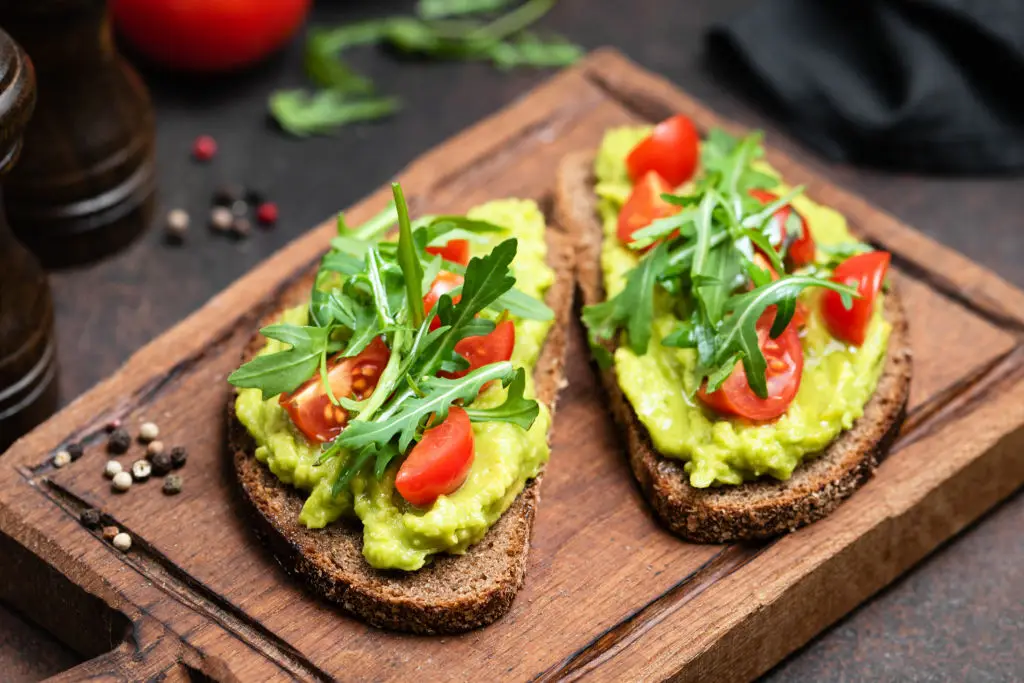
Creamy, satisfying, and full of monounsaturated fats, avocados have become a staple in many heart-healthy kitchens. Their “good” fats have been linked to lower levels of LDL (bad) cholesterol and higher HDL (good) cholesterol, directly supporting arterial health. Recent clinical studies show that eating as little as two servings of avocado per week can lower the risk of cardiovascular disease by 13%, with even greater benefits for coronary health. Avocados also deliver a generous dose of potassium, which helps the body regulate blood pressure naturally. Sliced on whole grain toast, diced into salads, or mashed for guacamole, their versatility makes them an easy swap for less healthy fats. Don’t be afraid to enjoy a daily serving—your arteries and taste buds will both reap the rewards.
4. Nuts and Seeds: Tiny Packages, Mighty Impact
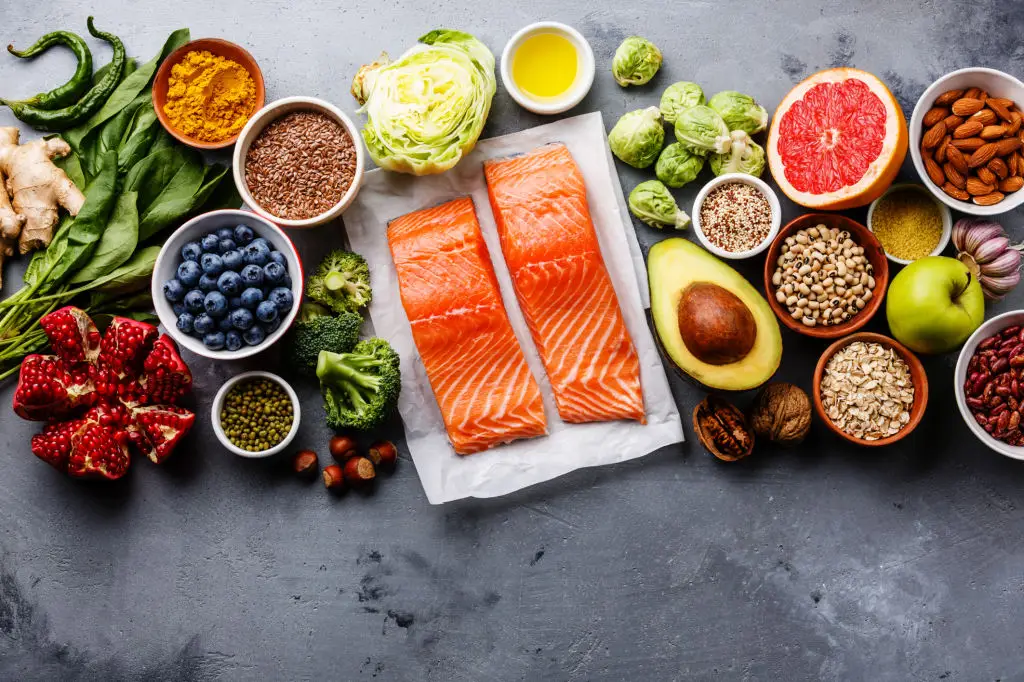
A small handful of nuts or seeds packs an exceptional punch for your cardiovascular system. Almonds, walnuts, and flaxseeds provide essential fats, antioxidants, and fiber that support lower cholesterol and healthier arteries. Dr. Nieca Goldberg, a New York-based cardiologist, often points to nuts’ unique blend of nutrients as a reason to reach for them over processed snacks. Consistent research, including Harvard studies, has found that people who include nuts daily have reduced heart disease risk. The trick is keeping portions in check and choosing unsalted varieties to keep sodium low. Whether you sprinkle seeds on oatmeal, toss nuts onto salads, or simply enjoy them as a quick snack, you’re choosing a snack that honors your heart and supports long-term health—all in a bite-sized package.
5. Berries: Antioxidant Burst for Your Vessels
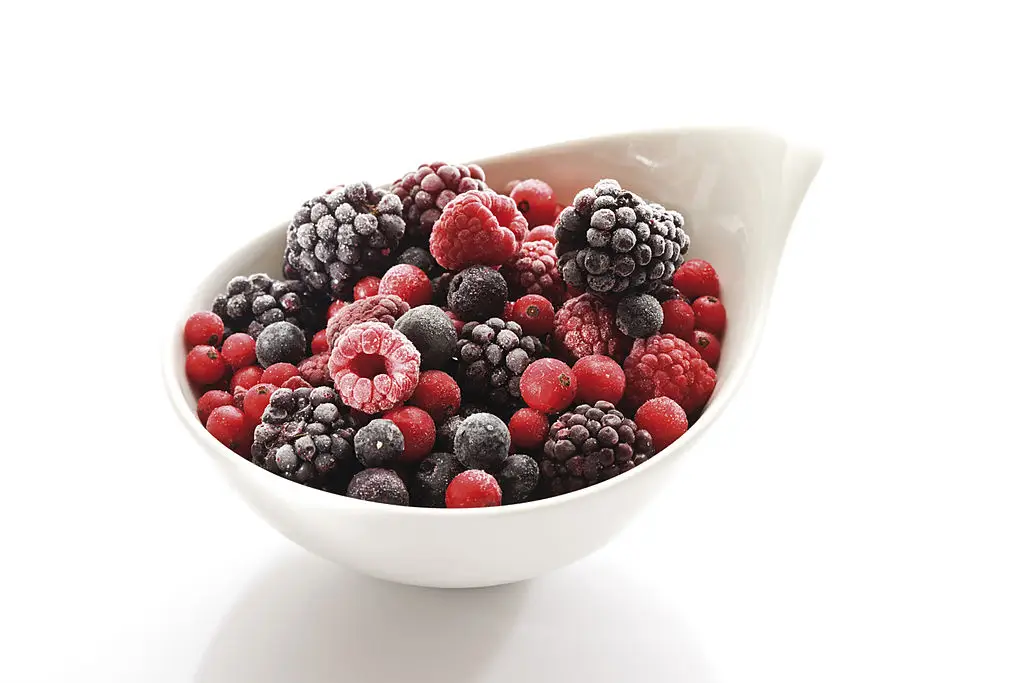
Bursting with color and natural sweetness, berries like blueberries, strawberries, blackberries, and raspberries have earned their reputation as vascular superfoods. These fruits are full of anthocyanins and other antioxidants that help reduce oxidative stress and support the lining of your blood vessels. Studies consistently show that higher intake of berries can lower the risk of coronary artery disease, high blood pressure, and inflammation. The beautiful part is how easy they are to include: toss a handful into morning cereals, blend them into smoothies, or enjoy them as a dessert alternative. Fresh, frozen, or dried (with no added sugar), berries fit seamlessly in every season. Every juicy bite provides your arteries with gentle, ongoing support—one more delicious step toward lifelong cardiac vitality.
6. Whole Grains: Sustained Energy, Lower Cholesterol
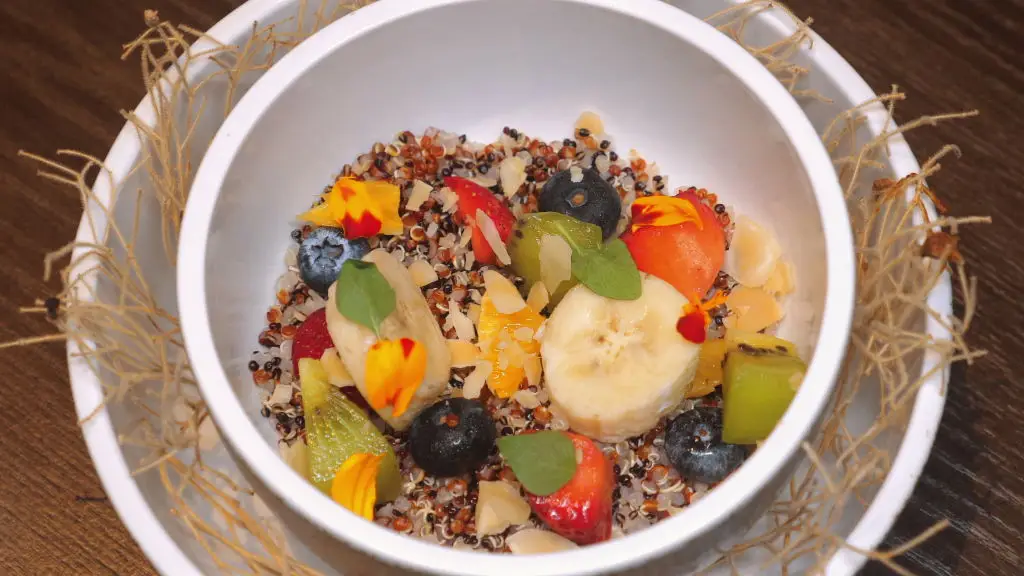
Choosing whole grains instead of refined grains is one of the simplest and most effective things you can do for your arteries. Foods like oats, brown rice, and quinoa are packed with fiber, vitamins, and minerals—key players in keeping cholesterol levels and blood pressure within a healthy range. Research shows that adding just one or two extra servings of whole grains daily can reduce your risk of coronary heart disease by up to 20%. Look for labels that say “100% whole” or “whole grain” (not just “multigrain” or “wheat flour”), and experiment with recipes like overnight oats or quinoa salads. Try swapping in whole grain pasta or using barley in soups. Each swap becomes a small but meaningful act of self-care, offering steady energy and long-term cardiovascular protection.
7. Garlic: Nature’s Blood Pressure Ally
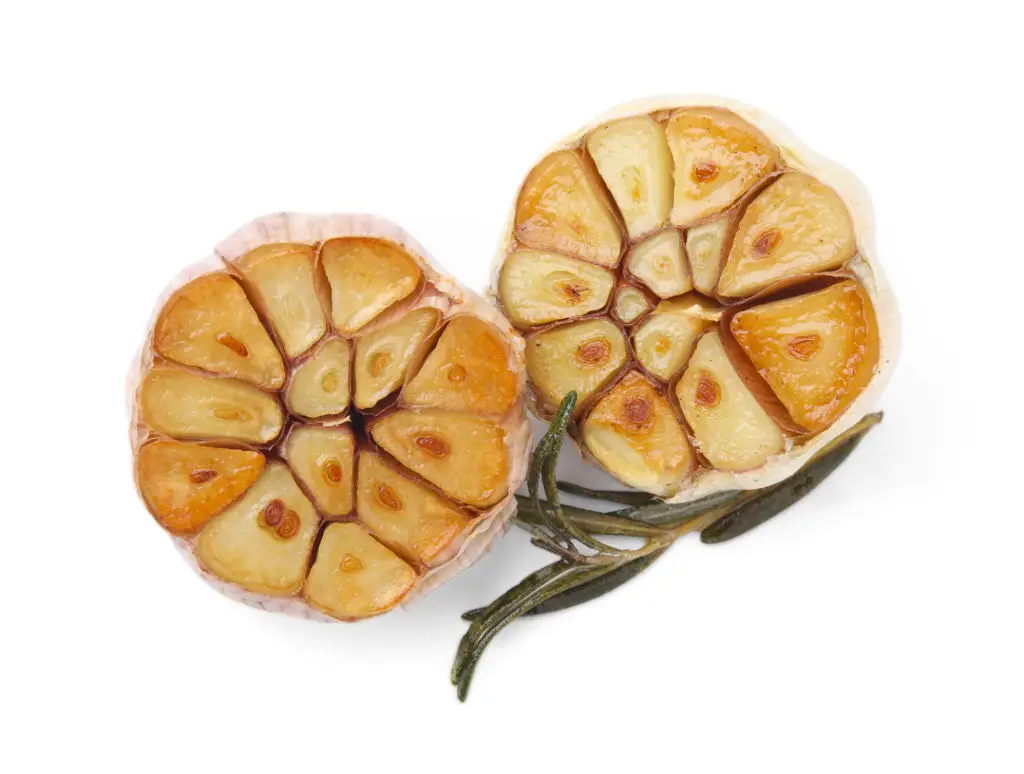
Garlic may be a humble kitchen staple, but it holds remarkable potential for heart health. Its natural compounds have been shown to lower blood pressure, support healthy cholesterol, and deliver antioxidant protection to your cells. Cardiologists frequently recommend garlic as part of a heart-smart eating pattern, encouraged by both tradition and research-backed evidence. The good news: garlic easily fits into your daily routine. Mince fresh cloves into salad dressings, add roasted garlic to vegetables, or simmer whole cloves in comforting soups. The pungent aroma is more than just culinary delight—it’s the sign of a vegetable that helps keep your blood flowing freely, supporting strong, resilient arteries in every meal.
8. Dark Chocolate (70%+): Indulgence with Benefits

Yes, your arteries can benefit from an occasional treat—just make sure it’s the right kind. Dark chocolate that’s at least 70% cacao is loaded with antioxidants and flavonoids, natural compounds that fight inflammation and help blood vessels function smoothly. Cardiologists note that these properties make quality dark chocolate a guilt-free, heart-healthy choice in moderation. Enjoying a few squares after dinner or pairing dark chocolate with fresh fruit can satisfy your sweet tooth while nourishing your vessels. Be sure to check the cacao percentage and savor the moment. With every mindful bite, you’re choosing enjoyment and wellness—a duo your heart will gladly root for.
9. Beans and Legumes: Fiber-Fueled Protection
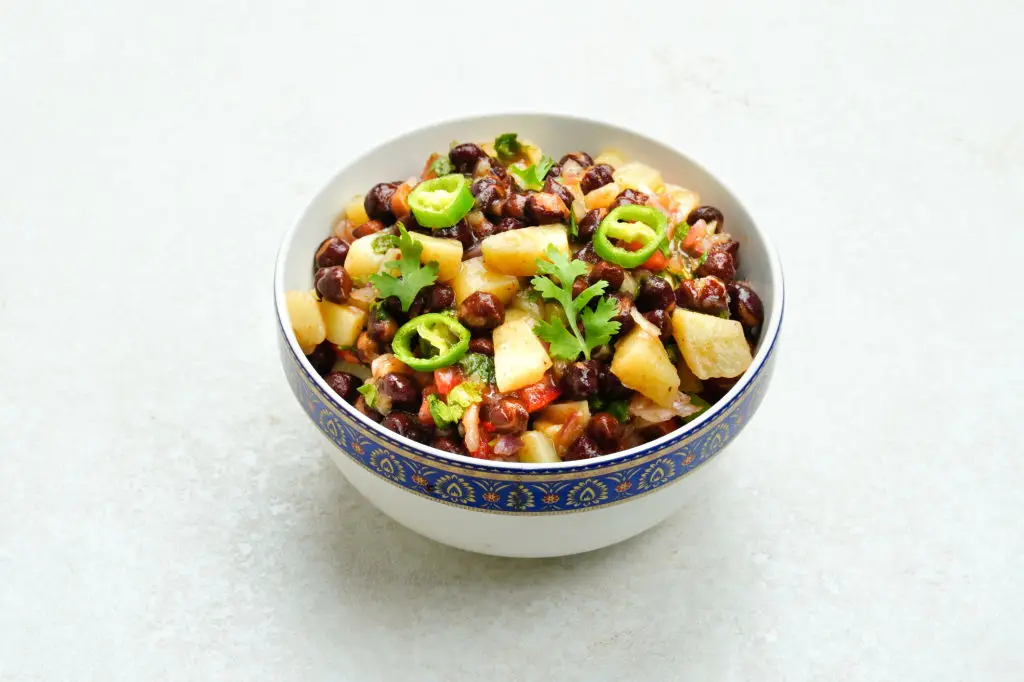
Lentils, black beans, chickpeas, and other legumes carry a double benefit: they’re packed with cholesterol-lowering fiber and powerful plant-based protein. Clinical research shows these foods don’t just fill you up—they help improve your cholesterol profile and decrease harmful inflammation that can injure arteries. The American Heart Association and recent studies both support beans as a steady ally against heart disease. Beans are adaptable and budget-friendly, making them easy to integrate into any lifestyle. Toss black beans into a salad, simmer lentil soup, or try a hearty chickpea stew. Even swapping in beans for meat once a week helps strengthen your heart. Each bowl or spoonful is a reassuring reminder that real change comes one small, delicious choice at a time.
10. Beets: Nitrate-Rich, Pressure-Lowering Roots
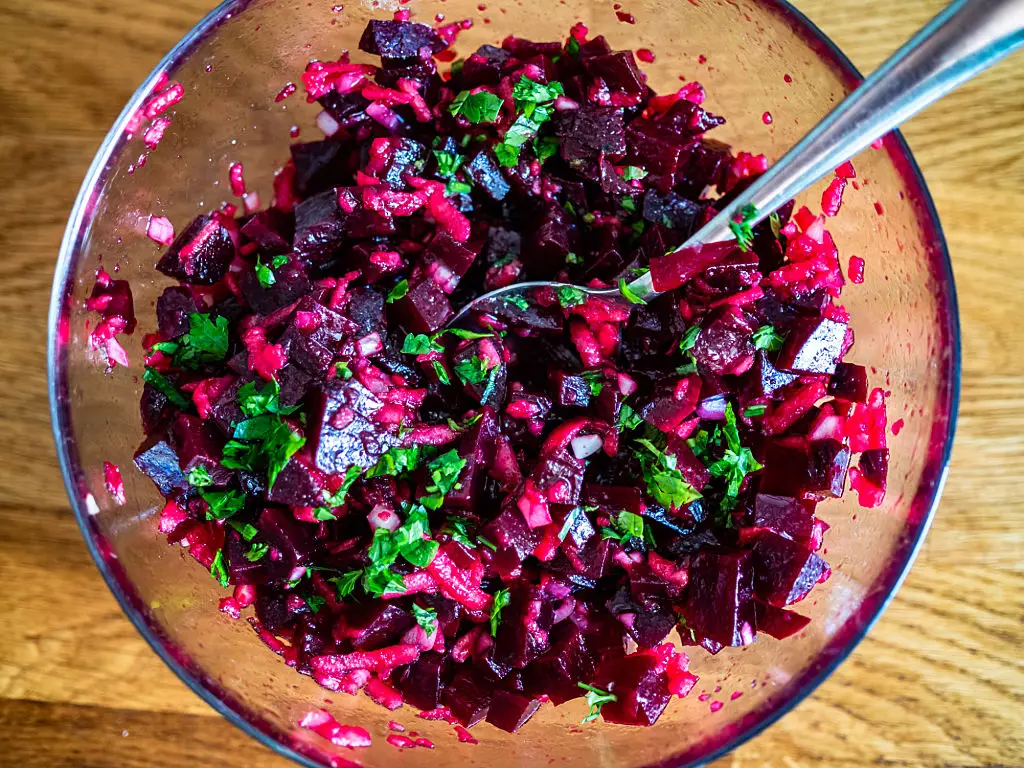
With their vibrant color and subtly sweet flavor, beets deserve a place on any heart-healthy menu. They are particularly high in nitrates, compounds that the body converts to nitric oxide—a molecule proven to relax blood vessels and lower blood pressure. Current research, including studies on beetroot juice, shows impressive effects for blood pressure control and fighting damaging oxidative stress. Enjoy beets roasted, grated into salads, or blended into a bright smoothie. Even sipping beetroot juice has shown benefits in clinical trials. Dietitian Natalie Rizzo encourages trying them in new ways to make the most of their protective properties. Your arteries will thank you for every earthy, colorful bite.
11. Pomegranate: Plaque Fighter for Healthy Arteries
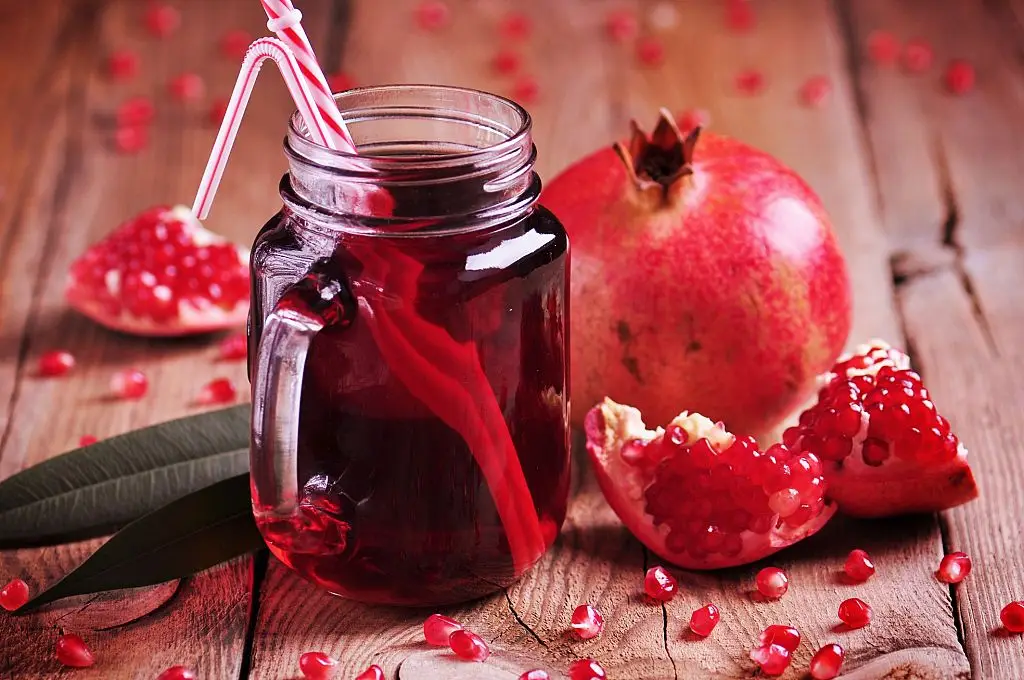
Stunning in both appearance and nutritional impact, pomegranate offers emerging hope in the fight against arterial plaque. Rich in unique polyphenols and antioxidants, this fruit has been shown in early studies to reduce the buildup of harmful deposits along the artery walls. Credible cardiologists are taking note, with many recommending pomegranate as a delicious strategy for long-term vessel protection. Sprinkle fresh seeds over salads, blend them into yogurt, or enjoy a small glass of 100% pomegranate juice. Its tart flavor and vibrant color make it a sensory and nutritional treat. With growing evidence from new research, pomegranate may just be the bright red exclamation point your heart needs on its lifelong wellness journey.
Nourishing Your Heart: Small Steps, Lifelong Rewards

Supporting your arteries and heart doesn’t require dramatic transformations or rigid rules. It’s about the quiet confidence that comes from making gentle, sustainable choices—like enjoying a bowl of berries, savoring a handful of walnuts, or discovering new ways to appreciate leafy greens. Each nourishing bite is a small investment in a life lived with more vitality, connection, and peace of mind. Remember, you don’t have to overhaul your pantry overnight. Even adding one new food from this list is a step worth celebrating. The real secret is consistency—choosing these heart-supporting foods day by day, whenever you can, trusting that the benefits will gently accumulate over time. As you care for your heart, you’re also nurturing your overall well-being—body, mind, and spirit. Thank yourself for every bit of progress. After all, a vibrant journey toward wellness is a gift best nourished with patience, self-kindness, and a little daily joy.
